Inventory of Top Ten Acquisitions in Artificial Intelligence and Deep Learning in 2016
Since Google in 2014 spent 400 million pounds to acquire the unknown Cambridge University startup team Deep Mind, technology companies have been keen to acquire AI technology company.
What does an enterprise software maker hope to gain by acquiring AI Technologies? They simply want to make their products or devices have the ability to predict intelligently to help users use it more conveniently and quickly.
Social media and internet companies are very interested in image and speech recognition technologies, which can increase user engagement. Today's first-rate high-tech companies want to create a smart personal assistant to manage them.
Whether or not the recent panic buying trend is only a capital bubble, the AI ​​era has arrived. Here, we will take stock of the top ten acquisitions in the AI ​​field from 2016 to the present...
1.Intel acquires Nervana SystemsIntel spent 400 million U.S. dollars (about 300 million pounds) to acquire deep learning startup Nervana Systems. As a chip maker, Intel wants to implement machine learning at the silicon level through Nervana Systems, instead of developing machine intelligence on graphics processing chips.
"When we look back on the past 10 years, we will find that this time is the turning point of computer architecture to neural networks." Naveen Rao, CEO of Nervana Systems, wrote after the acquisition.

In May, Intel acquired Itseez, a start-up company specializing in computer vision (CV) algorithms. Intel plans to use Itseez's professional capabilities to create an Internet of Things (IoT) from the car to the security system.
Doug Davies, general manager of the Intel Internet of Things Group, wrote in the blog: "Itseez will help Intel's users create innovative deep learning CV applications such as autopilot, digital security monitoring and industrial inspection."
Prior to this, Intel acquired AI startup Saffron in October 2015.
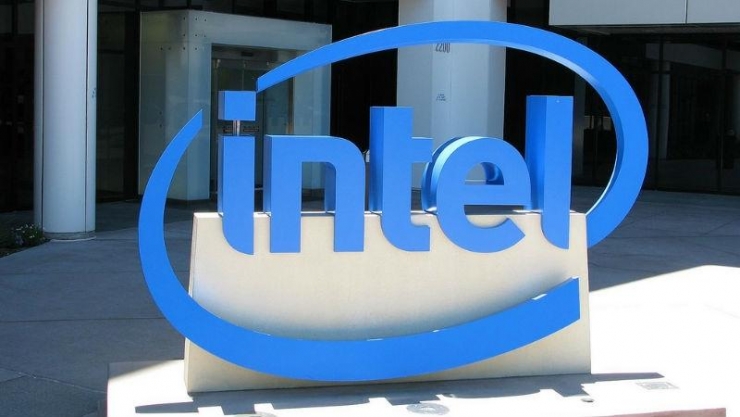
Cloud computing expert Salesforce is looking for ways to optimize its software products - from its customer relationship management (CRM) platform to marketing cloud intelligence forecasting and cloud services intelligence engine.
Salesforce CEO Marc Benioff acquired MetaMind, its lead natural language processing startup, in April, then closed the division in May and asked its founder, Richard Socher, as Salesforce's chief scientist.

In August, MetaMind merged with PredicitonIO, an open source machine learning server and developer community that Salesforce acquired in February, and BeyondCore, a startup company specializing in machine learning analysis.
Prior to this, Salesforce acquired MinHash, the developer of the AI ​​virtual assistant AILA, in December last year, and in June last year acquired the smart calendar application Tempo.ai, which almost directly led to the recent Salesforce in-box calendar products. The birth.
Earlier this year, Chief Technology Officer Adam Evans said in an interview with Computerworld in the United Kingdom: "Salesforce is very interested in AI technology. We have already changed from a recording system to a participating system, and now we are advancing toward smart systems."
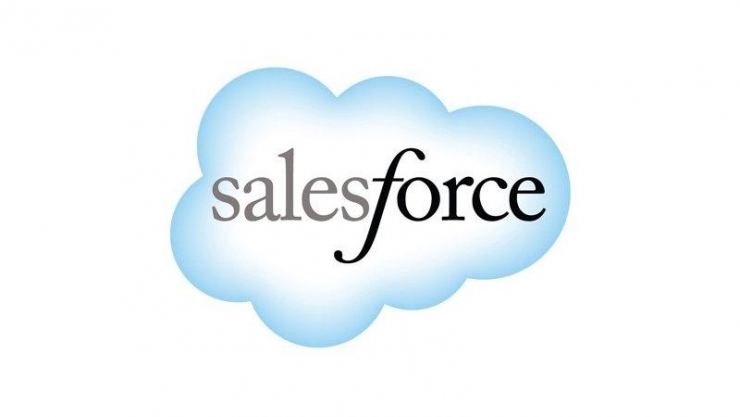
Microsoft acquired Genee, a two-and-a-half-year startup, in August 2016. Its main product is a smart agenda tool with AI technology.
Co-founders Ben Cheung and Charles Lee will bring their expertise to Microsoft, but their own product projects will be halted. They expect to integrate Genee's technology into Office 365, perhaps to more deeply integrate their smart assistant Cortana. And other applications such as Outlook.
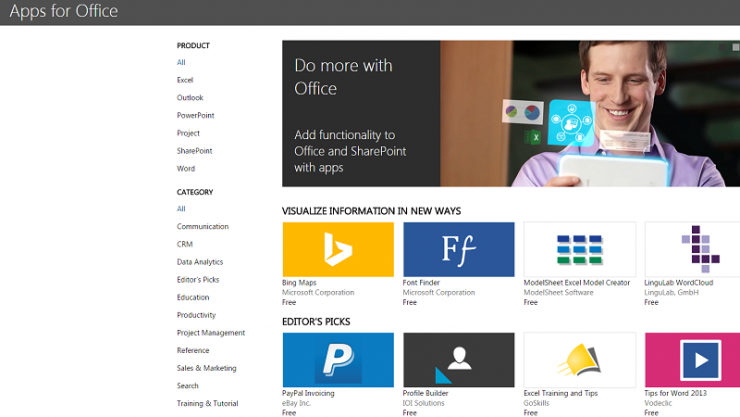
Microsoft also acquired Wand Lab, a natural language information platform, at the end of June. It also stopped the company’s existing product program to allow them to focus on Microsoft products (Cortana).
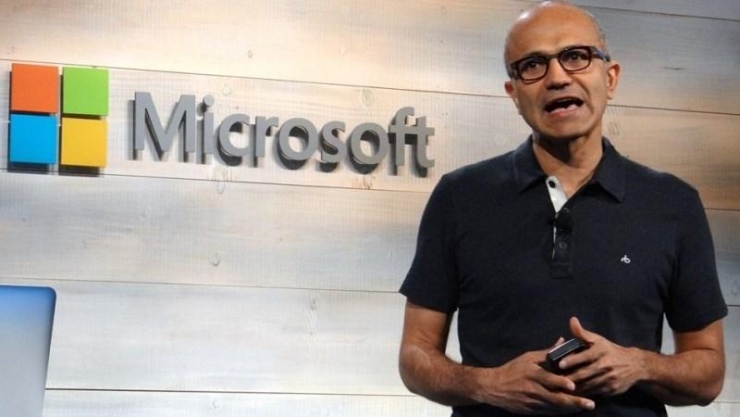
In addition, Microsoft earlier this year spent $250 million to acquire SwiftKey, a London-based start-up company whose products allow the keyboard input method to learn and memorize user input habits and make adjustments accordingly.

The Silicon Valley giant rarely talks about their acquisitions, but it has been very busy in 2016, including the acquisition of two start-up companies in the field of machine learning.
The recent Seattle-based startup Turi and its machine learning platform for developers and data scientists were acquired in August and the acquisition amounted to $200 million. Turi develops tools that enable developers to easily embed machine learning capabilities into applications such as recommendation engines, sentiment analysis and churn models.
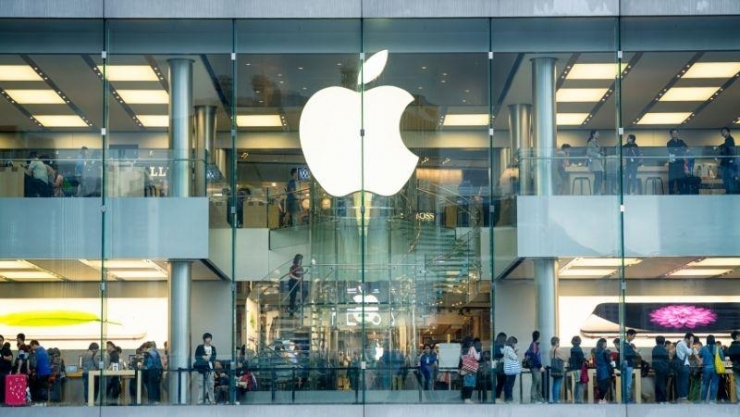
In addition, AI startup Emotient was acquired earlier this year. The company is based in San Diego and uses artificial intelligence to read the facial expressions in the pictures.
In 2015, Apple also acquired Perceptio and UK start-up company VocalIQ. They all focused on AI technology for smartphones.

Twitter spent a staggering £150 million in June to acquire London startup Magic Pony, which is always committed to developing tools that can apply machine learning to images and video.
Jack Dorsey, Twitter’s chief executive officer, said in the acquisition’s statement: “The Magic Pony team has researched and created algorithm that can identify image features. Its technology will be used to enhance our ability to broadcast live and video, and to open up a lot of exciting for Twitter. The idea may be. "
The acquisition was based on the acquisition of machine learning startup Madbits (July 2014) and the acquisition of Whetlab (June 2015).

Via ComputerworldUK